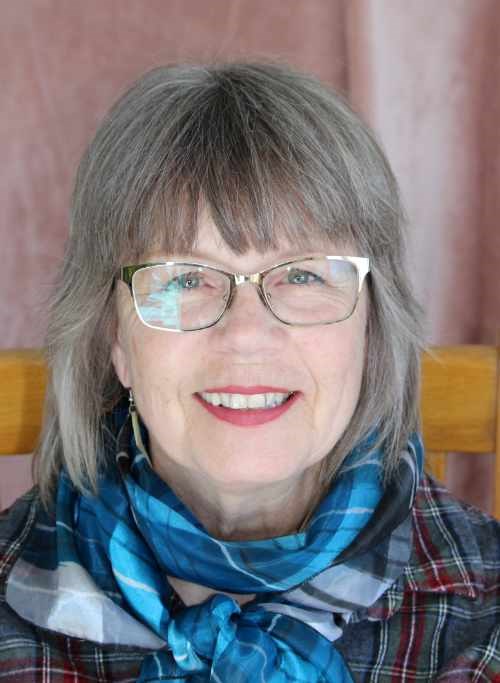Today we take for granted the public library, but until the 1700s, there was no such thing. Let’s consider the role of the library in the freedoms which we may, coincidentally, also take for granted.
Most foundations are not as gloriously noticeable as the beautiful windows, gables, pinnacles or other features of a structure. Likewise, we often ignore the foundations of our democracy.
I’m talking about the availability of information and its brothers - stimulation of thought and freedom of speech.
First of all, the library is publicly owned and supported by taxes – it is your library, open to any citizen who desires to use it and to borrow from it. Those outside of Virden, the RM of Wallace-Woodworth or McAuley community must pay a membership fee to borrow books.
The library contains a huge range of material, both popular and scholarly, for all ages.
When I think of Virden library, I see in my mind’s eye the many book readings that I have attended as authors with some appeal or connection to Virden have been featured.
One comes to mind, an author who spent some impressionable time as a teen in Virden. Jeffery John Eyamie, author of “No Escape from Greatness” wrote a story set in Virden and at least part of it has been filmed as well.
Dozens of authors have presented their work in person with short readings with book signings at Virden library. In one case the history of the area was brought to life in a bold personal memoir. It was very well attended.
The library has been the scene of workshops as well and regular children’s book clubs and for the very young, the children’s reading circle with the children’s librarian holding her audience spell-bound.
Diverse world views are hidden within title upon title that sit side by each in Virden’s branch, a library sufficiently small to find things on your own, but large enough to be interesting. It’s tough to pop in to Virden’s library for a news story (my job) and leave without a book or two.
One of my favourite books from the library was set near the end of American slave days. It was about a horse that could spell: “The Beautiful Jim Keys” and his black American owner.
Libraries were originally a guarded privilege of royalty and rulers. As the world turned, access to a library was, like the ownership of a piano, a mark of high society for centuries.
It was in 1731 that the first somewhat public library was founded by Benjamin Franklin and friends.
The Library Company of Philadelphia became the first American subscription library, according to Wikipedia.
In the Opinion section of The Guardian (London daily paper) June 17, 2017, libraries are described as “one of the foundations of civilisation. They enable the conversation between the living and the dead, which keeps a culture alive.”
However, by 2017 Great Britain began to cut funding to their libraries and whole branches closed. Meanwhile, in Ireland, other steps were taken to keep libraries accessible, including providing self-service options.
In September of 2017, an American, Pam Smith (The Public Library Association) wrote “The Power of Public Libraries”. She said, “Literally, our spaces are designed to be places where the homeless can read the paper next to the billionaire.”
What is needed to keep the library relevant and accessible? An educated, ambitious, imaginative and even entrepreneurial staff and board of directors - the key.
City libraries may adequately reward their senior librarians, but in rural settings, not so much. However, in the minutes of the February 2020 meeting of Border Regional Library it was noted there would be a salary increase of approximately 13 per cent, effective June 1.
It’s the least we can do to preserve this foundation of our freedom within the quiet, busy book place.




